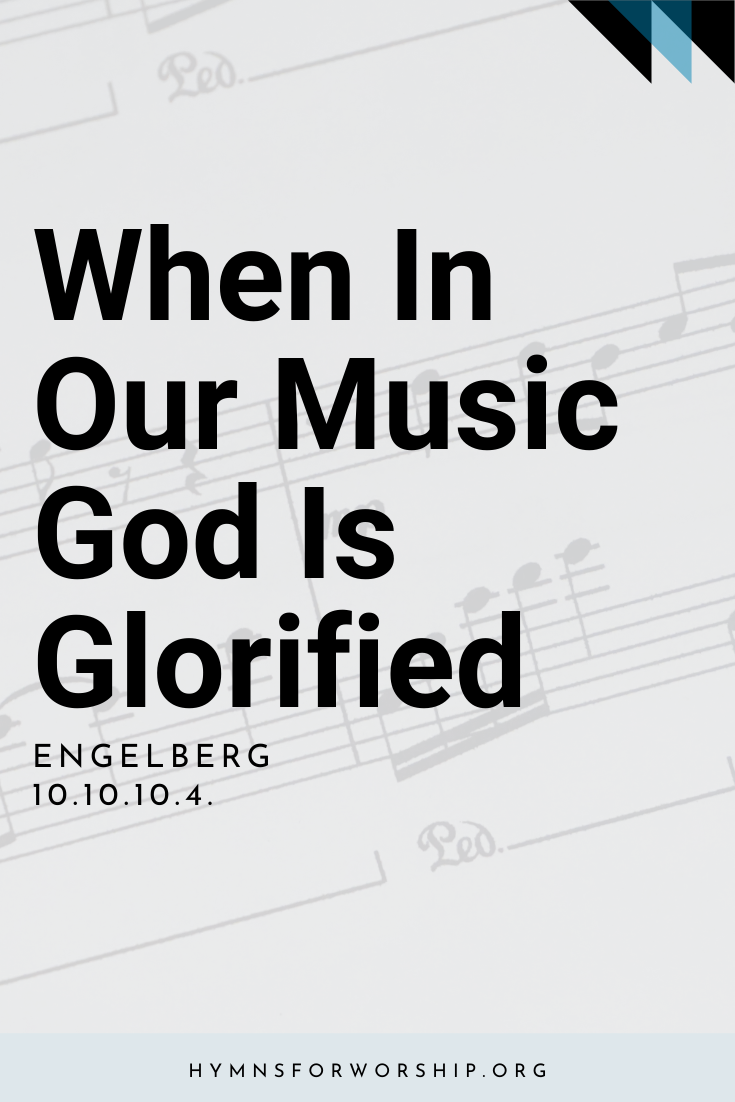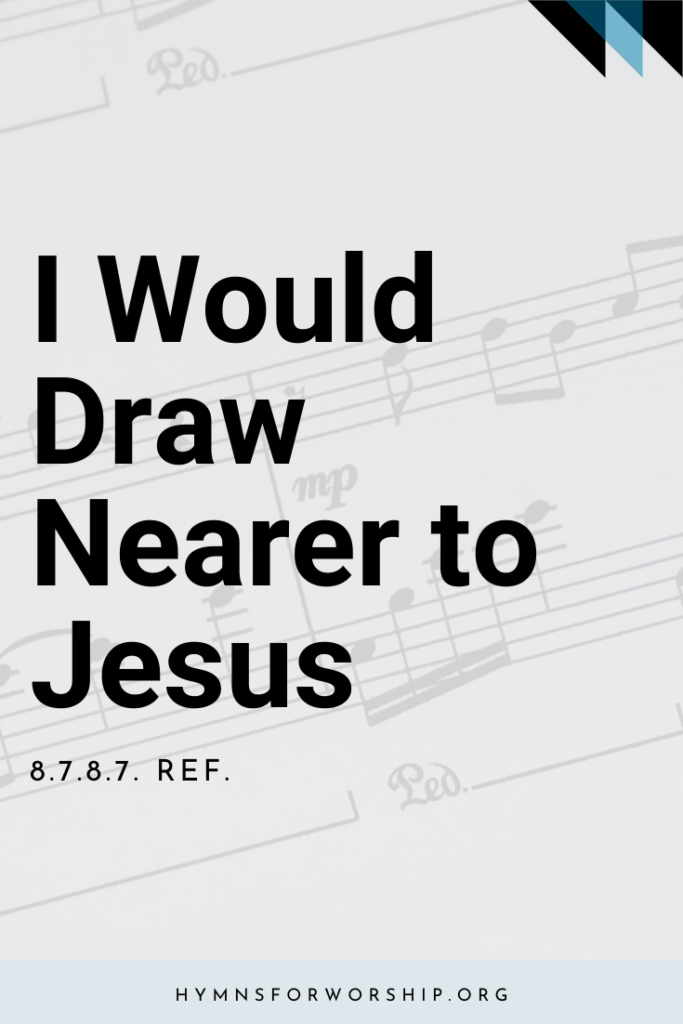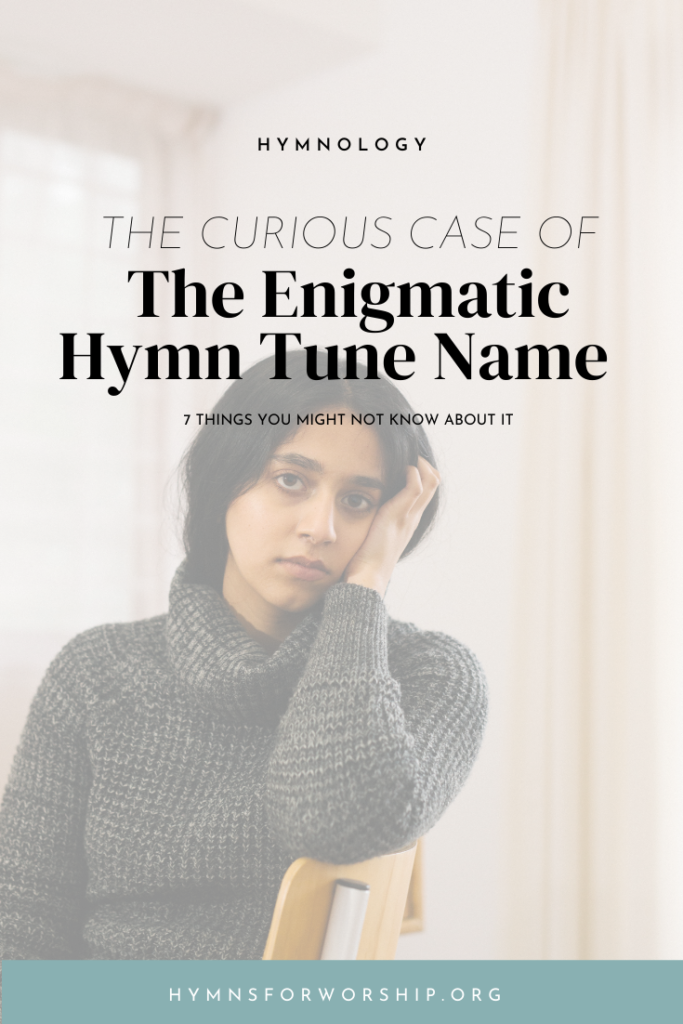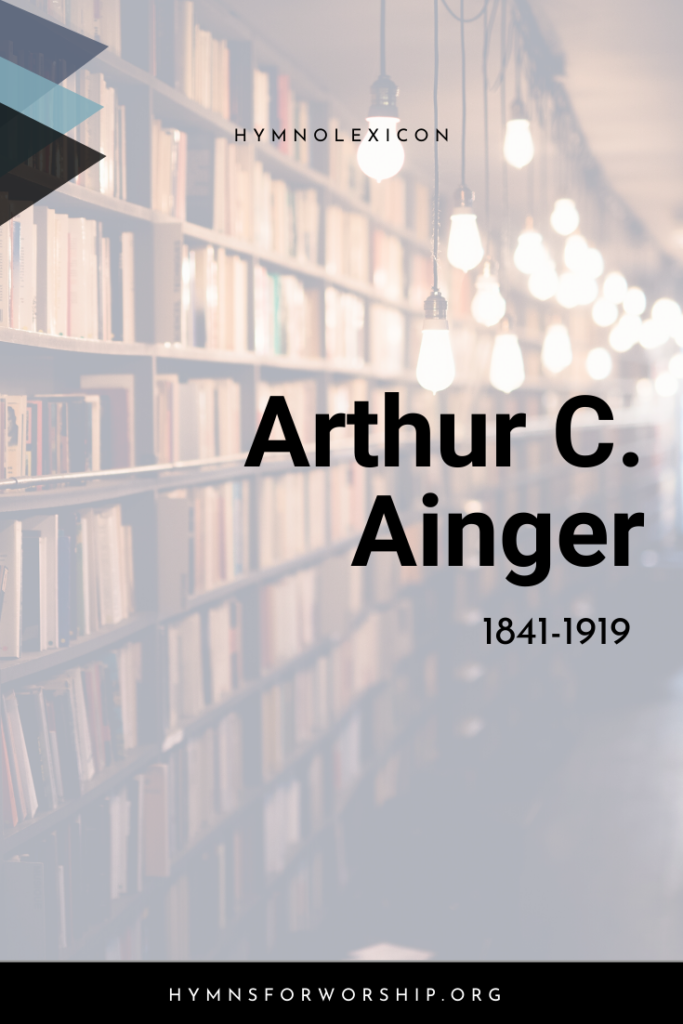WORSHIP >> Adoration & Praise
SDAH 32
When in our music God is glorified,
And adoration leaves no room for pride,
It is as though the whole creation cried:
Alleluia!
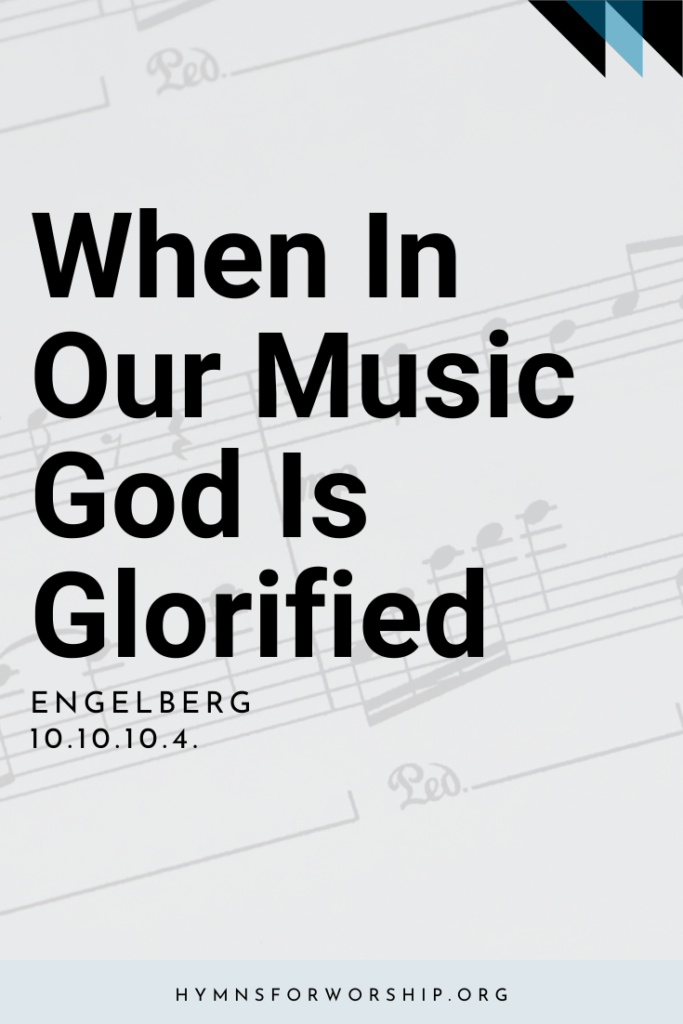

Text
1
When in our music God is glorified,
And adoration leaves no room for pride,
It is as though the whole creation cried:
Alleluia!
2
How oft, in making music, we have found
A new dimension in the world of sound,
As worship moved us to a more profound
Alleluia!
3
And did not Jesus sing a psalm that night
When utmost evil strove against the light?
Then let us sing for whom He won the fight:
Alleluia!
4
Let every instrument be used for praise;
Let all rejoice who have a voice to raise;
And may God give us faith to sing always:
Alleluia!

Hymn Info
Biblical Reference
(a) Eph 5:19 (c) Mark 14:26 (d) Ps 150:3-5
Author
Fred Pratt Green (1903-2000)
Performance Suggestions
Unison
Copyright
Words copyright 1972 by Hope Publishing Co., Carol Stream, IL 60188. All rights reserved. Used by permission.
Hymn Tune
ENGELBERG
Metrical Number
10.10.10.4.
Composer
Charles V. Stanford (1852-1924)
Theme
ADORATION AND PRAISE
Hymn Score
Piano Accompaniment
Notes
Get to know the hymns a little deeper with the SDA Hymnal Companion. Use our song leader’s notes to engage your congregation in singing with understanding. Even better, explore this hymn in other languages.
This is one of two hymns the SDAH has about music and singing, the other being SDAH 22, “God Is Our Song,” also by Fred Pratt Green (1903- ; see Biographies). Stanza 3 recalls Mark 14:26; “And when they had sung an hymn, they went into the mount of Olives.” Stanza 4 reminds us of Psalm 150:3-6.
The text was written in 1972 at the request of British hymnologist John Wilson (see SDAH 397), who wanted it for use at a festival of praise or a choir anniversary. Wilson wanted to use the tune ENGELBERG, which had been written for the text “For All the Saints” to be in the 1904 edition of Hymns Ancient and Modern. But when Ralph Vaughan Williams’ tune SINE NOMINE (see SDAH 421) came on the scene in 1906, it became the tune for the text. Until the Episcopal Hymnal 1940 used it with “All Praise to Thee,” by F. Bland Tucker, ENGELBERG was in danger of being lost. The tune appeared again in the Lutheran Book of Worship, 1978.
Originally the first line read “When in man’s music God is glorified.” The change to “our” was made to meet objections to sexist language. The author still feels that the loss of the juxtaposition of “man” and “God” somewhat weakens the line, which he intended to be a sharp contrast between creature and Creator.
In England, Charles Villiers Stanford was one of the most influential church musicians of his time. Born September 30, 1852, in Dublin, Ireland, he was a child prodigy–at age of 10 one of his compositions was played in the Dublin Royal Theater. Accepted as a choral scholar at Queen’s College, Cambridge, at age 18, he became the organist at Trinity College three years later. There he earned the B.A. in 1874 and the M.A. in 1877.
For two years (1874 to 1876) he studied in Berlin and Leipzig. Then in 1887 he returned to Cambridge to be professor of music and professor of composition at Royal College of Music, holding both positions until his death in 1924–More than 35 years. For 21 years he directed the Cambridge Musical Society, and for 17, the London Bach Choir. Several of his students turned out to be famous, among them Ralph Vaughan Williams, Gustav Holst, and Walford Davies. He was knighted in 1902. After his death March 29, 1924, his ashes were buried in Westminster Abbey. He composed about 200 works — symphonies, concertos, operas, songs, and choral and organ works — and received honorary doctorates from four universities. He contributed several hymn tunes to the 1904 Hymns Ancient and Modern, about which Erik Routley says, “He packed too much music into his compositions to make them congregationally acceptable. There’s a touch of Irish perverseness in them that is exceedingly attractive to the musical, but that leave ordinary singers gasping.”
ENGELBERG is “through-composed” — that is, the melody has no repeated phrase, but keeps on going with new material. It is challenging, but certainly will be a delight to sing once a little time and effort are invested to learn it.

